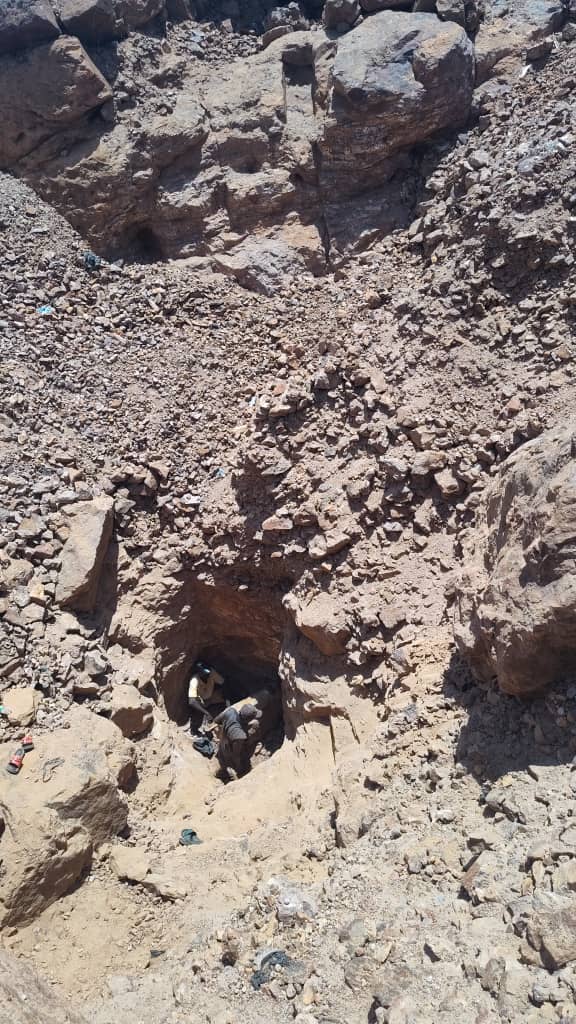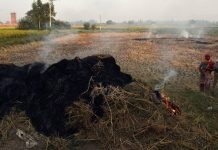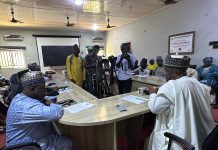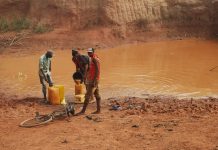Ibrahima yakubu
In recent years, the discovery of mineral resources across northern Nigeria has brought both hope and hardship. While mining is often celebrated as a driver of economic growth and job creation, the environmental and social costs have become increasingly alarming.
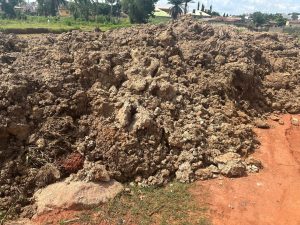
From Zamfara to Niger, Kaduna, Plateau, and Bauchi States, unregulated mining activities have devastated farmlands, polluted rivers, and displaced countless rural families. Forests are being cleared to make way for mining sites, leaving the land bare and vulnerable to desertification—a threat already worsening due to climate change.
Toxic chemicals such as mercury and lead, used in gold extraction, have contaminated soil and water sources. This has led to several health crises, including the deadly lead poisoning outbreak in Zamfara that claimed hundreds of young lives. The contamination of rivers and streams has also destroyed local fisheries and made clean water scarce for nearby communities.
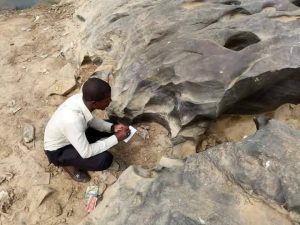
As livelihoods collapse, many residents are forced to migrate to urban centers or neighboring regions in search of safety and opportunities. These displacements disrupt community life and increase social tensions, while putting additional pressure on already fragile ecosystems.
The environmental damage caused by uncontrolled mining extends far beyond mining zones. Air pollution, loss of biodiversity, and the destruction of farmlands threaten food security and worsen poverty levels in the region.

To address these growing challenges, there is an urgent need for government agencies, traditional rulers, and local communities to work together to enforce environmental regulations. Mining companies must adopt safer, more sustainable practices, while communities should be empowered through awareness campaigns on environmental protection.
Northern Nigeria’s mineral wealth should be a blessing—not a curse. Sustainable mining practices and strong environmental governance are essential to protect the land, water, and future of the region.
Kaduna Leads the Way Through Responsible Mining
Amid this growing environmental emergency, Kaduna State is emerging as a model for responsible and sustainable mining. Through the establishment of the Kaduna State Mining Development Corporation (KMDC), the government has taken significant steps to ensure that mineral exploration and exploitation do not come at the cost of the environment or public health.
The KMDC, under its sustainable development framework, promotes eco-friendly mining methods, transparency in mineral licensing, and community engagement.
The corporation insists that all mining operations undergo Environmental Impact Assessments (EIA) before extraction begins, and it monitors compliance to minimize pollution and land degradation.
By partnering with investors committed to ethical and environmentally sound practices, KMDC is not only protecting ecosystems but also creating opportunities for local employment and skills development.
The Corporation also runs awareness campaigns that educate communities about environmental conservation, waste management, and the long-term impacts of unsafe mining.
According to experts, this approach reflects the future of mining in Nigeria—one that balances economic growth with ecological preservation and social responsibility.
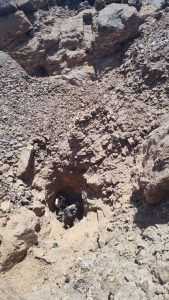
Towards a Sustainable Future
Environmentalists argue that the path forward for northern Nigeria lies in replicating the KMDC model across other states. Stronger regulatory frameworks, community participation, and investment in cleaner mining technologies are essential to reversing the region’s ecological decline.
The federal and state governments, along with civil society and international partners, must also collaborate to tackle illegal mining, which remains a key driver of environmental damage.
If properly managed, northern Nigeria’s mineral wealth could become a cornerstone for sustainable development, fueling industries, creating jobs, and reducing poverty without sacrificing the environment.

The story of mining in northern Nigeria is still being written. The question now is whether it will be remembered as a tale of lost opportunity or as a turning point toward environmental recovery and responsible resource management.

